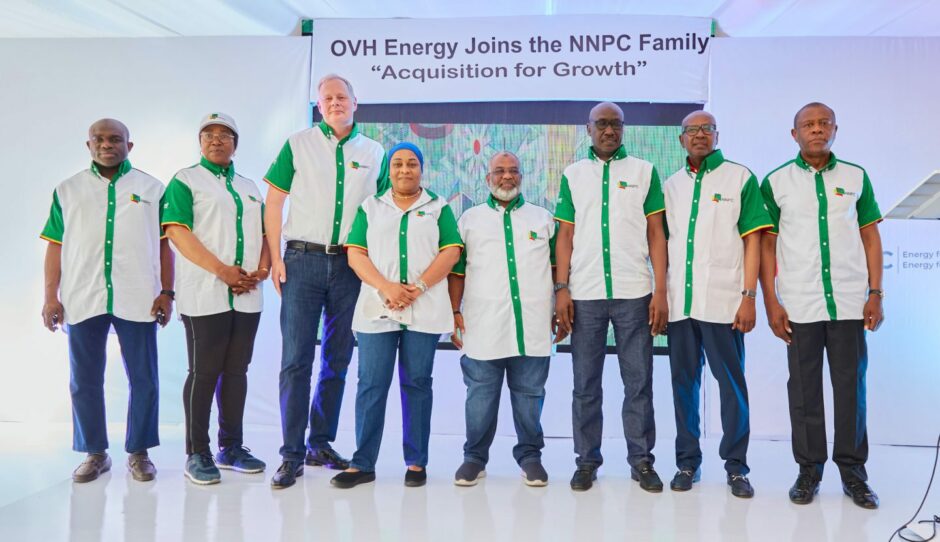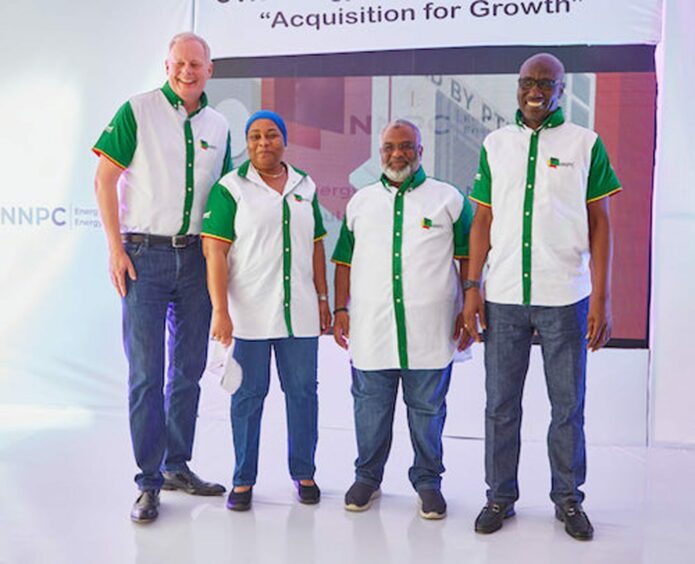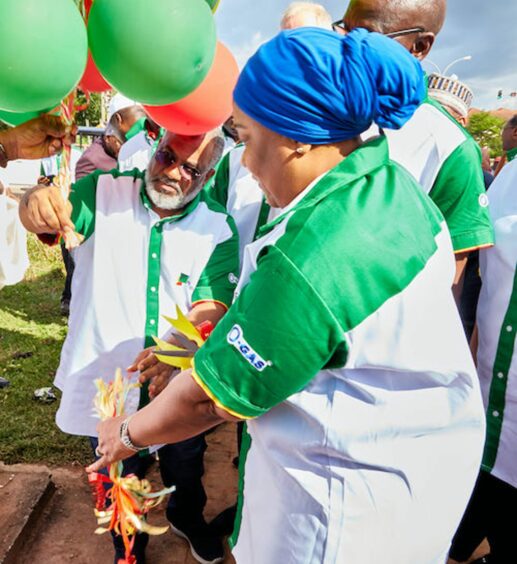
Nigerian National Petroleum Corp. (NNPC) has bought OVH Energy Marketing, owner and operator of Oando-branded retail stations.
NNPC will merge OVH with its own marketing arm, NNPC Retail. OVH stations will rebrand and be fully integrated by the end of 2023.
Vitol and Helios Investment Partners owned OVH. Helios reported that the two companies sold their interests to Nueoil Energy, in September.
The companies did not report how much NNPC spent to buy OVH.
“Our acquisition of OVH, brings more NNPC branded fuel stations under the NNPC Retail Limited umbrella, providing wider access for our customers, an enriched supply chain and product availability across our different locations”, said NNPC head Mele Kyari.
Kyari said NNPC’s goal was to “become a catalyst for massive improvement within the downstream oil and gas industry”.
Acquiring OVH was an “audacious step towards attaining this goal. We are positive that this is the much-needed transformation required by the sector as it provides us with an integrated platform to attract the right investments which enables the growth of our operations.”
NNPC expects the acquisition to be positive, Kyari said, OVH is a “very profitable business”, he noted.
Transformation
OVH CEO Huub Stokman said the company was focused on value. The sale to NNPC “enables the combined strengths of both entities, to innovate our offerings and infrastructure, necessary to transform the downstream energy sector in Nigeria and West Africa”. Stokman was previously general manager at Puma Energy in Angola.
NNPC officials said they would retain OVH workers.
Oando sold off a 49% stake in OVH to Vitol and Helios in 2016. Oando continued reducing its stake in the downstream business into 2017-18.
The company has more than 350 service stations in Nigeria. It also has infrastructure such as including 84,000 tonnes of storage and an inbound logistics jetty. Beyond Nigeria, it has a stake in a supply and bulk distribution company in Ghana.
OVH noted that NNPC had also acquired Apapa SPM, which owns and manages the Lagos midstream jetty.
Stokman, in March, called for more investments in Nigeria’s infrastructure, such as jetties, pipelines, depots and human capacity. He also spoke out against the postponement of deregulation. Such a move, he said, posed challenges to the industry – and called for an acceleration of gas plans.

 © Supplied by OVH Energy Marketing
© Supplied by OVH Energy Marketing © Supplied by OVH Energy Marketing
© Supplied by OVH Energy Marketing